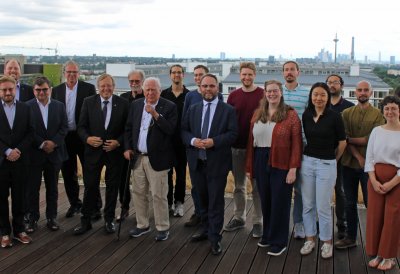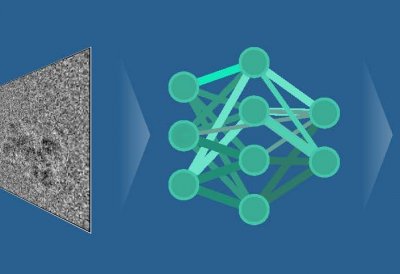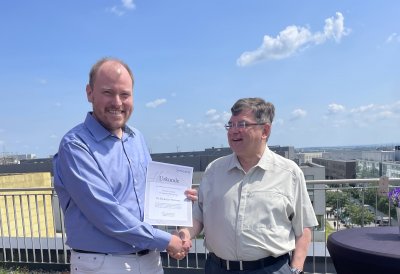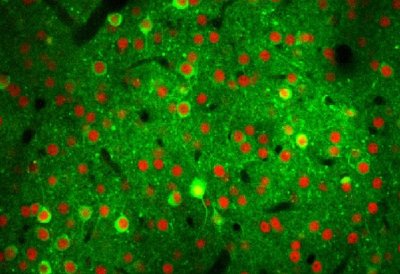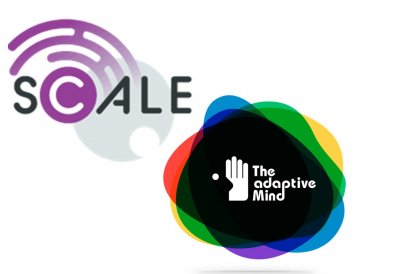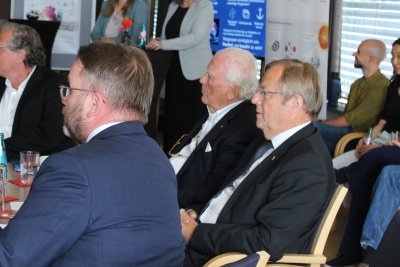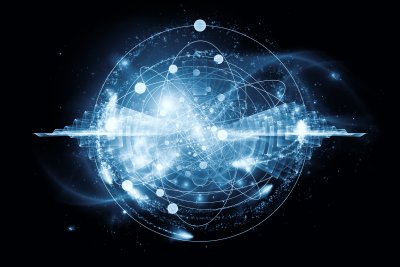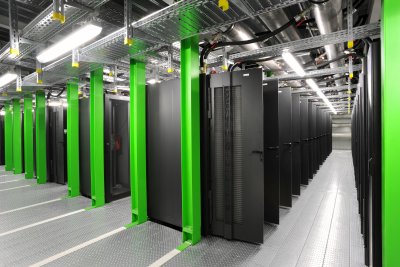FIAS (Frankfurt Institute for Advanced Studies)
...is an interdisciplinary research institution in Frankfurt/Germany. Our Fellows develop theories on complex interdisciplinary topics of the future. The non-profit foundation supports 130 scientists cooperating with Goethe University and surrounding research institutes as well as private donors and sponsors.
Quality, integrity and clear standards
At FIAS, quality and integrity form the backbone of our scientific endeavors. Upholding the highest ethical standards is essential for fostering trust, ensuring transparency, and advancing respected research.
Learn more about our commitment to ethical working practices, strict honesty and consistent critical reflection. These elementary rules are essential for respected scientific work and the public's trust in the scientific community. At FIAS, we set clear standards and promote a discourse based on criteria of scientific integrity and truth.

Research Areas
Theoretical Physics
Theoretical physics is the discipline that aims at describing how the world works in terms of fundamental equations. The goal is to abstract explicit phenomena by reducing them to underlying principles that are responsible for many different manifestations in nature.
Computer Science
Within the last decade high performance computers have become an integral part in todays science and society. Most simulations and experimental analysations of complex systems require a high amount of computing power.
Life and Neuro Sciences
Theoretical biology aims at a quantitative understanding of biological systems, their dynamics and interaction across scales. To this end new analysis approaches are developed to extract relevant information from either tera and petabyte sized data sets, or from very scarce data.
